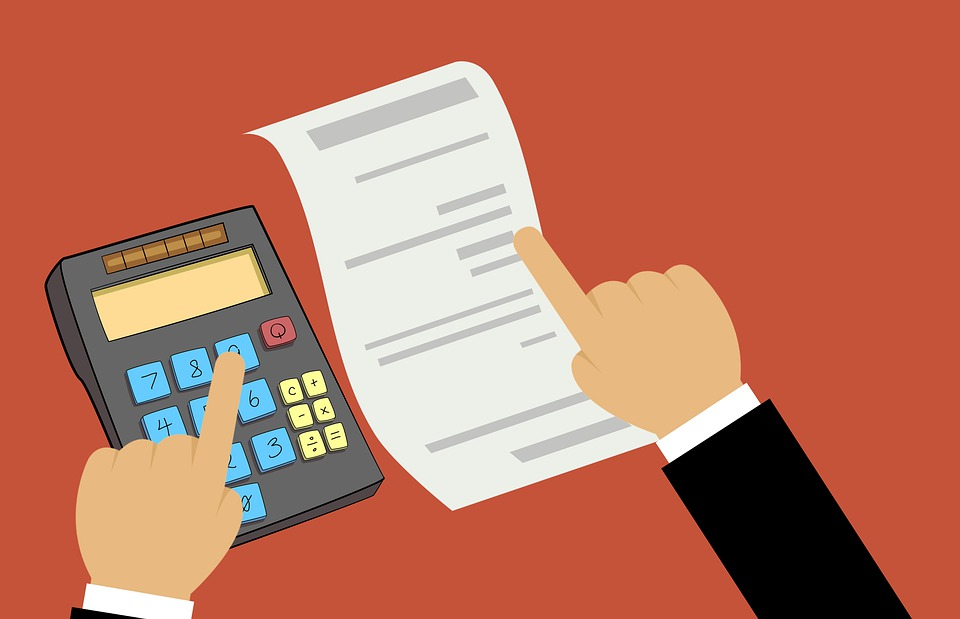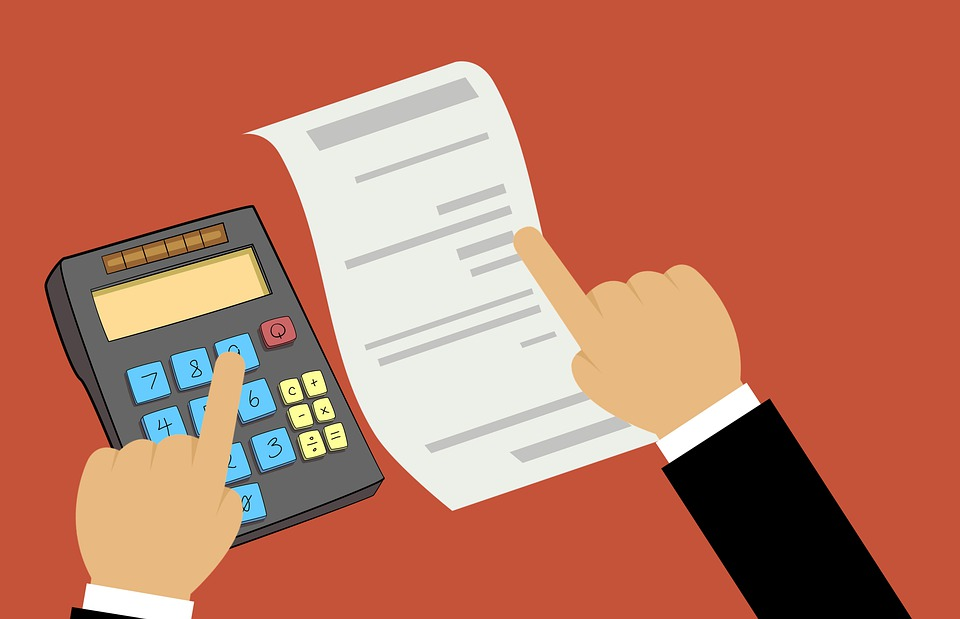
The financial health of your business is essential to your success, and having an accurate financial statement for your company can make all the difference. Manage your finances carefully and you can achieve business goals, safe in the knowledge that you have the money to stay afloat and expand.
A financial statement is a formal summary report of the financial performance of a company. Financial statements aren't just helpful for internal financial management— they also provide information that external parties like lenders or suppliers can use to establish terms with your business.

The Benefits of Financial Statements
Your financial statements can provide benefits in several ways:
- If people hold stock or other ownership in your business, financial statements tell them how well your organization is performing.
- Managers and owners of your business need to make important financial decisions, and these statements provide information so they can take the right action.
- Individuals or other businesses that want to invest in your organization will use financial statements to understand if, how and the amount they want to invest.
- Lenders and banks will review your financial statements when deciding to offer a loan or extend credit.
The Different Types of Company Financial Statements
When it comes to understanding your money, there are several types of financial statements that you can prepare and use. There are four main types of financial statements that your business might produce.
1. Balance Sheet
A balance sheet details a company’s assets, liabilities and owner equity at a specific time. The balance sheet provides a snapshot of what a business owns and owes.
2. Income Statement and Profit and Loss Report
The profit and loss (P&L) report or income statement provides details of income, expenses and profit over a specific period. The P&L report tells people where a business is getting money from, where it’s spending money and the profit it’s making.
3. Statement of Equity and Retained Earnings
A statement of equity or statement of retained earnings tells investors how the equity of the company has changed over a specific period. The statement of equity shows how the overall stock value of the company is performing.
4. Cash Flow Statement
The cash flow statement shows how money is moving through the business over a specific period of time. It focuses on three main areas: operating cash flow activities, investment cash flow activities and financing cash flow activities. The cash flow statement is a good indicator of a company’s financial health.

When You Might Need A Financial Statement
There are several situations where financial statements are useful, or may be required.
Making Important Business Finance Decisions
If you’re expanding your business, deciding whether to invest in a new product line or making other financial decisions, your financial statements are an excellent starting point. You can understand if you have the free cash flow, see what your profitability is and understand the assets your business currently has. You should produce these statements whenever you’re making an important business decision.
Getting Financing from Banks and Other Lenders
Lenders want to be confident that you’ll be able to repay your loans and debt. They will scrutinize your financial statements to ensure you have enough profitability and cash flow to meet your repayments. Your company’s financial statements can also help to show what you will use the money for. You should produce these statements when you’re applying for financing.
Informing Potential Investors About Company Performance
Investors want to put money into growing businesses. A financial statement can show how your organization is performing and the future outlook for your company. This helps potential investors to understand the types of return they might expect. You should produce these statements on a periodic basis, or when requested by a potential investor.
Meeting Legal and Regulatory Requirements
Certain government agencies may require you to produce financial statements for regulatory and reporting requirements. You should produce these statements in line with guidance from your accountant.

Preparing Financial Statements
Here’s some advice on how to produce your financial statements:
- Stay on top of your bookkeeping and reconciliation. This means you’ll have up-to-date information for when you need to produce these statements.
- Use online accounting software. This is often the quickest and easiest way to manage your invoices, expenses and other accounting needs.
- Talk to your accountant about financial statements. Your accountant can provide advice on the types of statements you need to produce, the best way for putting them together and when you need to create these reports.
Get a Separate Business Bank Account
If you’re creating a separate entity for your business, then financial statements are a necessity. Another essential requirement is a separate bank account. We strongly recommend Bank of America’s business accounts. They’re designed to help startups and small businesses stay on top of their finances and cash flow, and make it easy to manage your money.
Find out more about the Bank of America Business Checking Account.
Please note: This post contains affiliate links and we may receive a commission if you make a purchase using these links.

